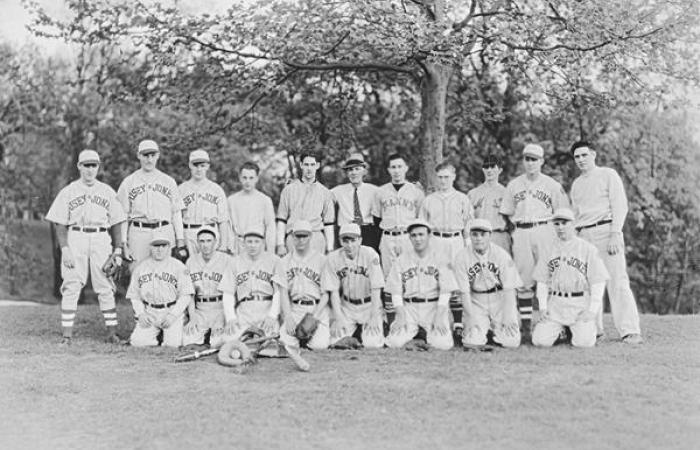
Your Friend the Boss: Corporate Social Responsibility at DuPont, 1900-1940
Which is better for business, keeping workers happy, or keeping workers in line? The movement for corporate social responsibility (CSR) argued that management and workers shared a partnership that could multiply productivity and profits if properly nurtured. While labor unrest had roiled the business world for a generation, many leading American firms reacted by maintaining paramilitary private police forces. Not only was this expensive, but it was also ineffective and often counterproductive to managerial goals. During the early twentieth century a new set of ideas about how to manage workers for company benefit emerged with an opposite set of techniques.
Dr. Jeffrey Muldoon examines this turn toward CSR, or “welfare capitalism,” as enacted by the E.I. du Pont de Nemours & Company firm, among the leading lights of the movement in the United States. By diving especially into the John J. Raskob papers, Muldoon uncovered the many social and financial methods deployed by DuPont management to create a more satisfied, stable, and productive workforce. These included social events and organizations, a company baseball team, financial aid for housing and medical emergencies, and workplace safety activities. These practices benefitted the workers, who were encouraged to identify with the company, and the company bottom line where increased productivity translated to higher profits.
In support of his research, Dr. Muldoon received funding from the Center for the History of Business, Technology, & Society at the Hagley Museum & Library.
The audio only version of this program is available on our podcast.
